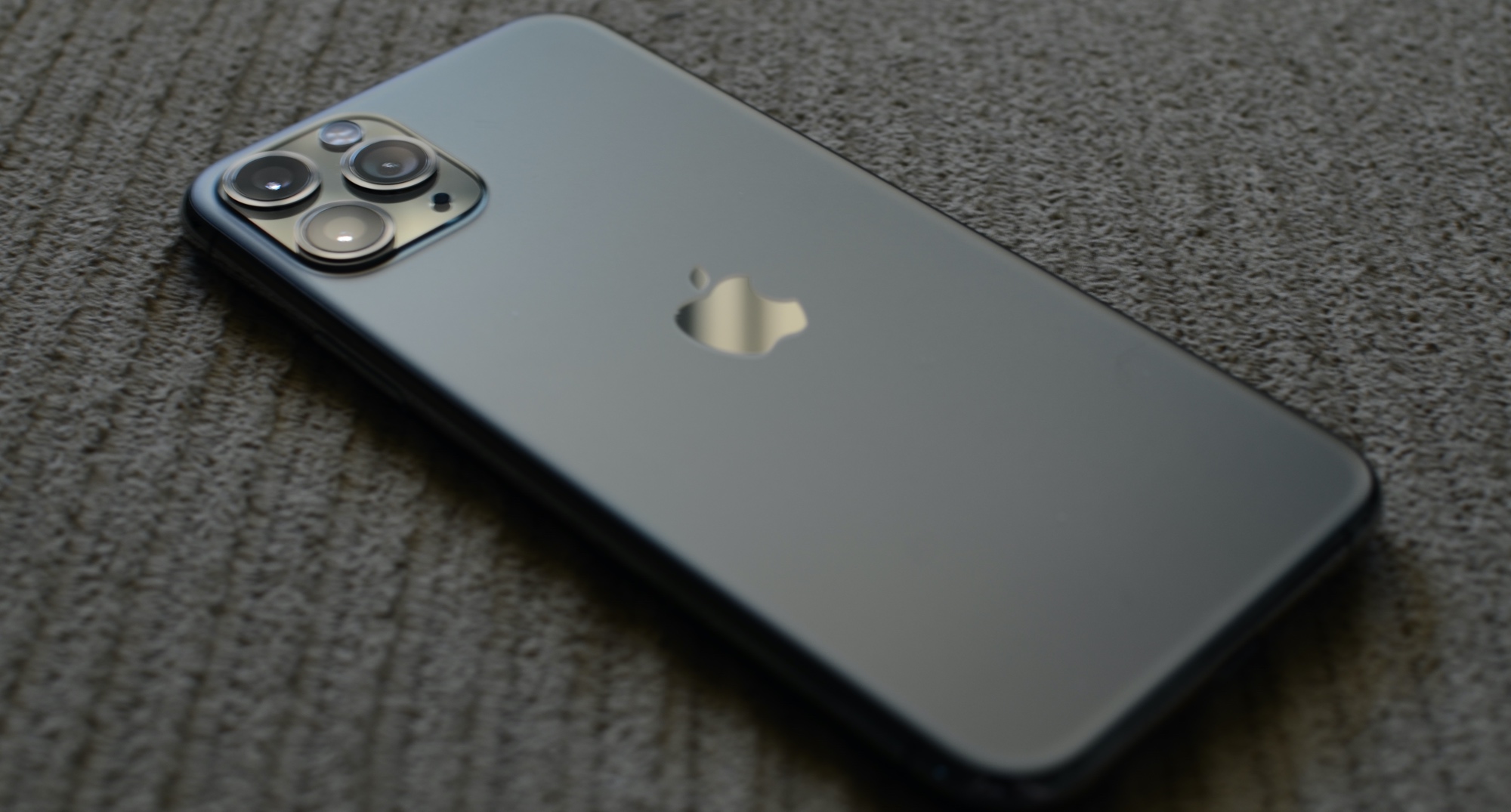
Back in August, it was reported that several iPhone models exceeded the Federal Communications Commission’s legal limit for radio frequency emissions.
At the time, it was billed as “the Chernobyl of the cell phone industry“, with Apple in some potential hot water. However, by the time December rolled around the FCC said that the iPhone 7 and other models included in the original test did not, in fact, exceed RF emissions limits. As a result, Apple was deemed not to be violating any agency rules.
So here we go again, this time with Apple’s latest iPhone. According to RF Exposure Lab’s testing (via AppleInsider), the iPhone 11 Pro exceeds the FCC’s legal limit for radio frequency exposure. Specifically, the testing reveals that iPhone 11 Pro users are exposed to a Specific Absorption Rate of 3.8W/kg, which is more than double the FCC’s limit of 1.6W/kg.
The report indicates that the testing was done under the FCC’s guidelines, including testing from 5 millimeters away. However, as noted by AI, the other elements of the RF Exposure Lab’s testing procedure are unknown at the time of publication.
It remains to be seen what the FCC will do next, if anything. It’s possible that this test will see plenty of attention, too, which could lead the commission to step in and run its own tests yet again. But, as it stands right now, it needs to be said that there’s no indication that this poses any demonstrable health danger to iPhone 11 Pro users out in the wild.
The US government sets several limits on exposure to just about everything. One is a safe limit, a second is an occupational limit, and the third is a non-occupational limit. In the case of radiofrequency exposure like from the iPhone, the occupational limit for industry workers is 10% of the safe limit, with the non-occupational limit set at 2% of the safe limit.
If the FCC does test the iPhone 11 Pro (and the iPhone 11 series in general) again, it probably wouldn’t be surprising to hear that the handsets fall under the legal limits, just like the older iPhone models did late last year.